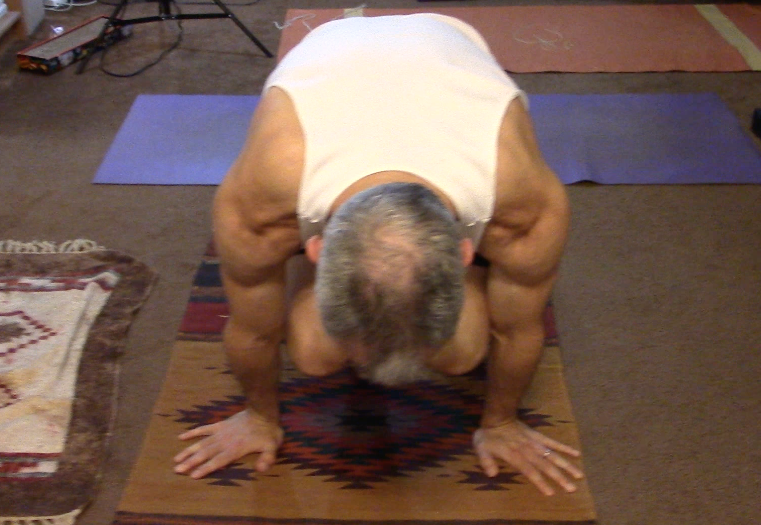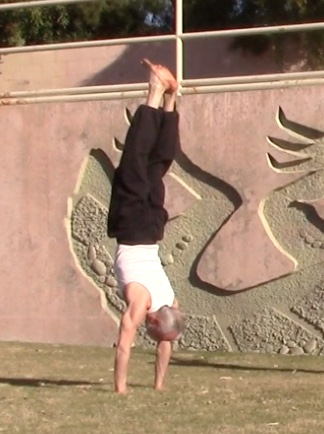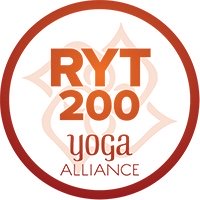Calisthenics Training
Calisthenics training, also known as gymnastic strength training, is a form of weight training that utilizes your own bodyweight as the resistance. The word "calisthenics" comes from the ancient Greek words kalos (κάλλος), which means "beauty," and sthenos (σθένος), meaning "strength."
For health, fitness and longevity, all ancient Greek physicians and philosophers recommended, in addition to temperance in food and sex, use of fresh pure air, bathing, friction of the body, and proper exercise. For the latter, Greeks developed a system of both intense and gentle activities that they called gymnastics, a word derived from gymnazein which means simply “to exercise or train.” Thus the word "gymnastics" did not originally refer to what we now know as competitive gymnastics, but to any type of physical fitness training, which is why we still today call halls for physical training gymnasiums or gyms for short.
Gymnastic strength training utilizes calisthenics to develop physical strength.
Advantages and Disadvantages
There are advantages and disadvantages to using calisthenics for strength training.
Calisthenics Training Advantages
That main advantages to using your bodyweight for strength training are:
- Your body is a substantial amount of weight – generally, 100-200 pounds – which can be multiplied or divided by changing leverage.
- You minimize the risk of the most common type of resistance training injury. The most common cause of injury in weight training is weights being dropped on a person (65.5% of all injuries). Most (90.4%) of these injuries occur when using free weights, which are inherently unstable.[1]
- Its inexpensive, you don't have to buy anything or pay a gym membership and only need minimal equipment for pull-ups, dips, handstands, and squats.
- Its always available and convenient; you don't have to drive anywhere to get access to it.
- You can easily train outdoors, thereby getting the benefit of fresh air and sun exposure for the stimulation of vitamin D production.
- Advancing in calisthenics training generally demands that you increase your body awareness, balance, mobility, range of motion, and flexibility to a greater extent than if you focus only on advancing in heavy barbell training.
- Advancing in calisthenics leads you to impressive feats like handstand pushups, one-arm pull ups, planche pushups, natural leg curls, front levers, and hanging full-range leg raises.
- Training bodyweight movements prepares you for activities you may choose to do for fun, such as rock climbing, or that you may need to do in an emergency.
Calisthenics Training Disadvantages
|
Although gymnastic strength training has all of those advantages, it also has some significant drawbacks. In fact, the limitations of bodyweight training motivated men to develop more effective ways for systematic strength training, such as barbells, dumbbells, and machines. The main disadvantages of calisthenics training are: |
 |
- Progression is based on decreasing leverage, which generally involves larger graduations in difficulty than can be achieved with small barbell and dumbbell plates. For example, once you have mastered basic pull-ups, its much easier and more systematic to increase your pull-up strength by adding small amounts of weight regularly, than by graduating through different progressions leading to one-arm pull-ups. Its easier to make progressions on barbell overhead pressing than on handstand pushups.
- There is a limit to the demands you can place on your hips and thighs with exclusive bodyweight strength training. Your full bodyweight is not an extraordinary load for your lower body to handle, since you carry it around every day, getting up and down stairs in in and out of sitting. Once you progress to full-range single-leg squats, you've got nowhere else to go. Single-leg squats are substantially equivalent to doing barbell squats with a barbell weight equivalent to your bodyweight. This is an early intermediate level of strength development for your hips and thighs. There are advanced bodyweight training moves for the hips and thighs included in Full Range Strength Programs, but I also include safe methods of adding resistance load to basic single-leg squats.
Combination Strength Training
As a result of my own experience getting recurrent injuries by putting barbell training before calisthenics training, I believe that proper progressive calisthenics and mobility training should be the foundation
of all strength training programs. Proper calisthenics training
will identify and correct the weak links in your body awareness,
alignment, mobility and flexibility that must be corrected before you
engage in progressive bodyweight or barbell training.
Some of the remedial strength, mobility and flexibility exercises you need to safely progress in gymnastic strength training employ barbells, dumbbells, or weight plates to correct your imbalances, so barbell strength and mobility training is helpful for progression in calisthenics.
|
For the best strength training results, the Full Range Strength programs include both bodyweight and barbell/dumbbell training. This way you can take advantage of the unique demands placed on both dynamic and static strength, proprioception, balance and whole body mobility and flexibility by training gymnastic strength skills, and also provide a higher level of strength development for your hips and thighs by using barbells and dumbbells. Using barbell plates to add resistance to basic bodyweight strength training movements like pull-ups and dips will also enable you to progress more systematically and quickly toward advanced bodyweight skills like one-arm chin ups. |
 |
Notes
1. Fisher J, Steele J, Brzycki M, DeSimone B. Primum non nocere: A commentary on avoidable injuries and safe resistance training techniques. J Trainology 2014;3:31-34.
Recent Articles
-
Ancient Roman Soldier Diet
Apr 14, 25 05:19 PM
A discussion of the ancient Roman soldier diet, its staple foods and nutritional value, and a vegan minimalist version. -
High Protein Chocolate Tofu Pudding
Jul 01, 24 12:41 PM
A delicious high protein chocolate tofu pudding. -
Vegan Macrobiotic Diet For Psoriasis
Sep 05, 23 06:36 PM
Vegan macrobiotic diet for psoriasis. My progress healing psoriasis with a vegan macrobiotic diet. -
How Every Disease Develops
Aug 04, 23 06:22 PM
How every disease develops over time, according to macrobiotic medicine. -
Why Do People Quit Being Vegan?
Jun 28, 23 08:04 PM
Why do people quit being vegan? How peer pressure and ego conspire against vegans. -
Powered By Plants
Mar 16, 23 08:01 PM
Powered By Plants is a book in which I have presented a lot of scientific evidence that humans are designed by Nature for a whole foods plant-based diet. -
Carnism Versus Libertarianism
Dec 30, 22 01:55 PM
Carnism Versus Libertarianism is an e-book demonstrating that carnism is in principle incompatible with libertarianism, voluntaryism, and anarchism. -
The Most Dangerous Superstition Book Review
Nov 15, 22 08:46 PM
Review of the book The Most Dangerous Superstition by Larken Rose.











